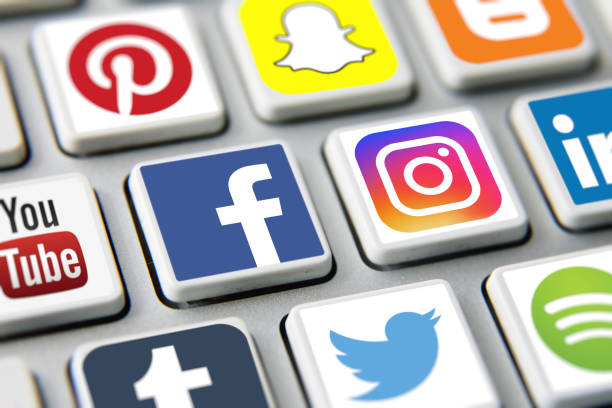Social media platforms have become an integral part of our daily lives in the 21st century. From Facebook and Twitter to Instagram and Snapchat, these platforms have changed the way we communicate, consume information, and interact with others. In this article, we’ll take a closer look at how social media platforms have evolved and their impact on society.
The Emergence of Facebook
Facebook was founded in 2004 by Mark Zuckerberg and a group of college students. Initially, it was only available to college students but quickly expanded to include everyone over the age of 13. Today, Facebook has over 2.8 billion active users, making it the largest social media platform in the world.
Facebook revolutionized the way we interact with others online by allowing us to create profiles, connect with friends and family, and share information and photos. It also gave us the ability to join groups, attend events, and like pages related to our interests.
Twitter Takes the Stage
Twitter was launched in 2006 and quickly became popular for its 140-character limit on messages, known as tweets. The platform was designed to allow users to share short bursts of information in real time, making it the perfect platform for breaking news and live events.
Twitter has become an essential tool for journalists, politicians, and celebrities to communicate with their followers and share their thoughts and opinions. It’s also been used to mobilize social and political movements, such as the Arab Spring and the #MeToo movement.

The Growth of Instagram and Snapchat
Instagram was launched in 2010 and quickly became popular for its focus on visual content, such as photos and videos. It’s now the second-largest social media platform, with over 1 billion active users.
Snapchat was launched in 2011 and is unique in that its content disappears after 24 hours. The platform has become popular among younger generations, with over 250 million daily active users.
Both Instagram and Snapchat have had a significant impact on the fashion, beauty, and entertainment industries, allowing influencers and celebrities to connect with their followers and promote products.
The Impact of Social Media Platforms on Society
Social media platforms have had a profound impact on society in many ways. On one hand, they have connected us with people from all over the world, allowing us to form relationships and communities with those who share our interests.
On the other hand, social media platforms have also been criticized for their negative impact on mental health, spreading misinformation, and the erosion of privacy.
In addition, the algorithms used by these platforms can filter out dissenting opinions and reinforce our biases, leading to the creation of echo chambers.
Conclusion:
Social media platforms have had a significant impact on the way we communicate, consume information, and interact with others. As social media continues to evolve, it’s important to consider both its benefits and drawbacks and how we can use these platforms in a responsible and ethical way.

